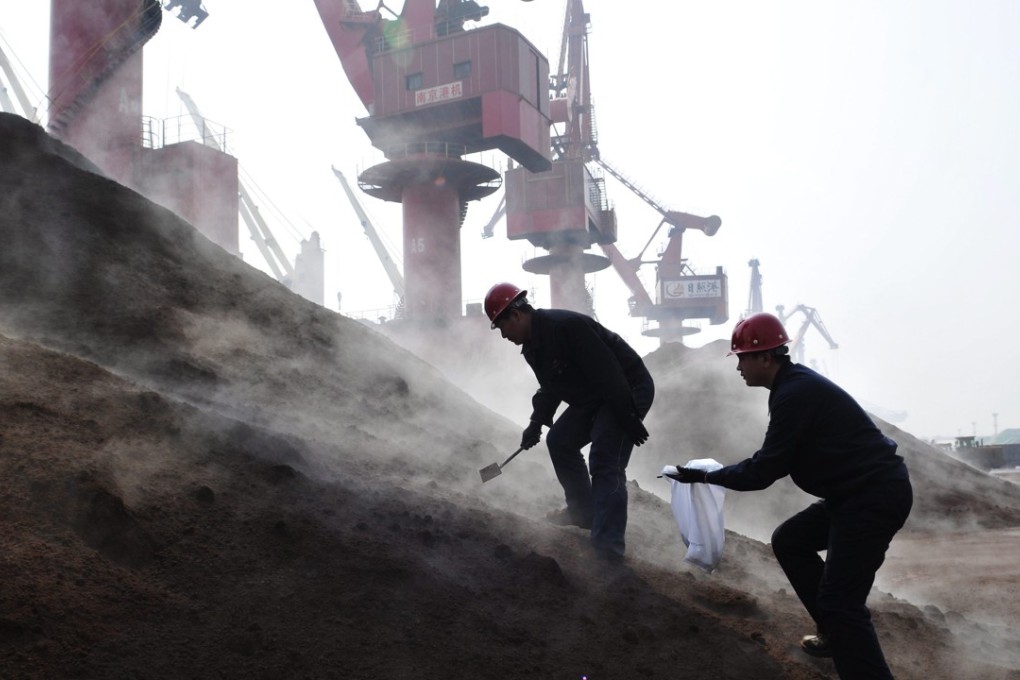Chinese miner Hanking is searching globally to fill this one growing need as electric vehicles go mainstream

Yang Jiye, chairman and chief executive of China Hanking said that the company’s overseas operations are likely to account for half of its total revenue in 2020 as it actively pursues overseas expansion.
“Apart from mines for precious metal such as gold, we are adamant in making acquisitions of assets related to the development of China’s new-energy vehicle,” he said. “They include lithium, cobalt and nickel.”
The materials are in high demand as they are used in auto parts such as batteries and high-strength alloys.
The chairman said he was unable to give an exact figure for Hanking’s investment plans for the mines, but added that the company will focus its search for assets in markets outside China.
“China is still a resource-short market and the high cost of relocating densely-populated residents to pave a way for mining is another big concern,” Yang said. “We want to focus on overseas markets to expand output and supply.”